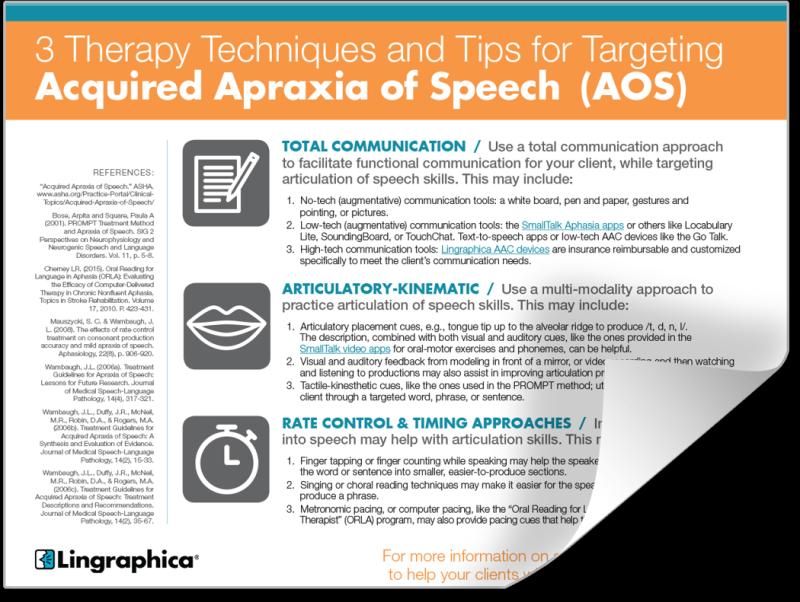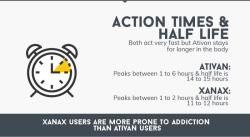What are the symptoms of verbal apraxia?
Verbal apraxia, also known as childhood apraxia of speech (CAS), is a motor speech disorder that affects the ability to coordinate the movements necessary for speech production. The symptoms of verbal apraxia can vary in severity and may include:
Speech Symptoms:
- Inconsistent Speech: Children with verbal apraxia may produce inconsistent speech sound errors, where they say the same word differently each time or struggle to produce certain sounds consistently.
- Difficulty Articulating Sounds: They may have difficulty producing sounds or syllables, leading to unclear speech or difficulty forming words.
- Limited Repertoire of Sounds: Children might have a limited range of consonants or vowels they can produce.
- Struggle with Sequencing: They may have trouble sequencing sounds in syllables or words, leading to errors in the order of sounds.
Language Development:
- Delayed Speech Development: Children with verbal apraxia often have delayed speech development compared to their peers.
- Challenges in Multisyllabic Words: Difficulty with longer words or phrases containing multiple syllables.
- Word Retrieval Difficulties: They might struggle to find the right words or have difficulty expressing themselves verbally.
Other Signs:
- Groping Movements: Some children may exhibit groping or trial-and-error movements of the lips, tongue, or jaw when trying to produce sounds.
- Difficulty with Oral Motor Skills: Challenges with non-speech oral movements like blowing, sucking, or moving the tongue in specific ways.
- Frustration and Communication Issues: Children may become frustrated due to their difficulty in making themselves understood.
Diagnosis and Treatment:
- Diagnosis is typically made by a speech-language pathologist through assessments of speech and language abilities.
- Treatment involves speech therapy focusing on improving motor planning and coordination for speech production.
It's important to note that these symptoms can vary widely among individuals with verbal apraxia. Some children may have mild symptoms that improve with therapy, while others might face more significant challenges in speech production. Early identification and intervention through speech therapy can significantly improve a child's communication skills and quality of life.
The symptoms you described could be indicative of a speech disorder, also known as a speech impediment. Speech disorders are conditions that affect a person's ability to produce speech sounds correctly. They can cause difficulties with articulation, fluency, or voice quality.
Here's a breakdown of the symptoms you mentioned:
Difficulty producing speech sounds correctly (articulation disorder): This refers to problems with forming specific sounds or words. It can manifest as lisping, substituting one sound for another (e.g., saying "wabbit" instead of "rabbit"), or omitting sounds altogether.
Slow, hesitant speech (fluency disorder): This involves disruptions in the flow of speech, such as stuttering, stammering, or repetitive sounds or syllables. Stuttering is characterized by involuntary blocks or pauses in speech, while stammering involves repeating sounds, syllables, or words.
Speech that sounds distorted or garbled (dysarthria): This refers to a weakness or lack of coordination in the muscles involved in speech production. It can result in slurred, slow, or weak speech, as well as difficulties with articulation and fluency.
If you are concerned about your speech, it is important to consult with a speech-language pathologist (SLP) for a comprehensive evaluation. An SLP can assess your speech skills, identify the underlying cause of your difficulties, and recommend appropriate treatment options.
Treatment for speech disorders typically involves speech therapy, which focuses on improving articulation, fluency, and voice quality. Speech therapy exercises can help strengthen the muscles involved in speech production, develop better coordination, and improve overall speech patterns.












